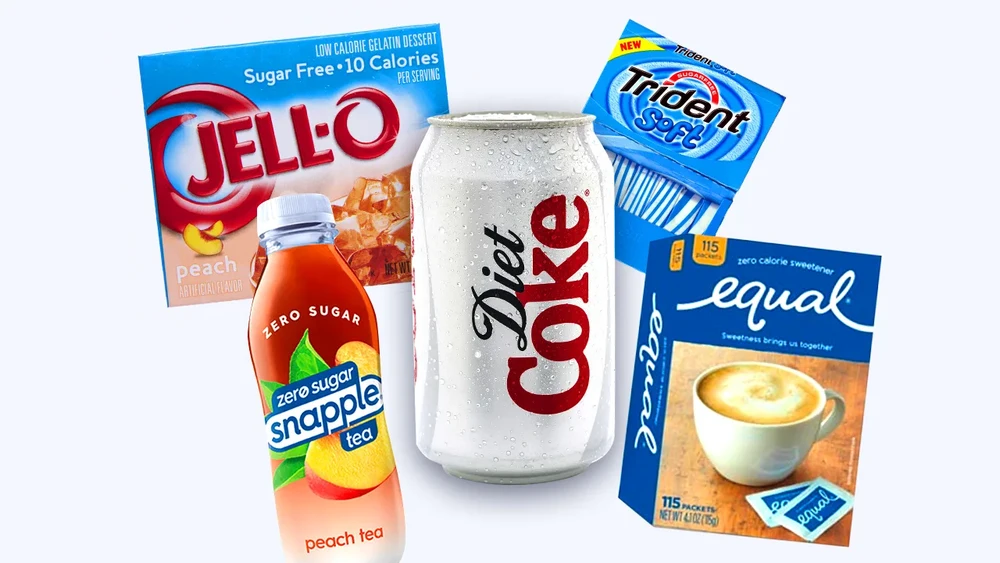Aspartame is a sugar substitute that is commonly used in many food and beverage products as a low-calorie alternative to sugar. It was first approved by the U.S. Food and Drug Administration (FDA) in 1981 and is now used in over 6,000 products worldwide, including diet sodas, sugar-free gum, and tabletop sweeteners.
Aspartame is made up of two amino acids, phenylalanine and aspartic acid, and a small amount of methanol. When consumed, aspartame breaks down into these components, which are then metabolized by the body.
The Controversy Surrounding Aspartame
Despite its widespread use, aspartame has been the subject of controversy and debate for decades. In June 2023, the World Health Organization (WHO) announced that they would be declaring aspartame a possible carcinogen, citing evidence from studies that found a link between aspartame consumption and cancer in animals.
This decision has sparked renewed concern about the safety of aspartame and has led to calls for further research into its potential health effects.
However, many experts have criticized the WHO’s decision, arguing that the evidence linking aspartame to cancer in humans is weak and inconclusive. Several large-scale studies have found no evidence of a link between aspartame consumption and cancer in humans, including a study by the National Cancer Institute that followed over 500,000 people for more than a decade.
The Health Effects of Aspartame
Despite the controversy surrounding aspartame, the FDA and other regulatory agencies around the world have deemed it safe for consumption in moderate amounts. The FDA has set an acceptable daily intake (ADI) for aspartame of 50 milligrams per kilogram of body weight, which is equivalent to about 20 cans of diet soda for an adult weighing 150 pounds.
However, some people may be sensitive to aspartame and experience adverse reactions when consuming it. These reactions may include headaches, dizziness, and gastrointestinal problems.
There have also been concerns raised about the potential long-term health effects of aspartame consumption, including its possible link to cancer, neurological disorders, and other health problems. While some studies have suggested a possible link between aspartame consumption and these conditions, the evidence is inconclusive.
Products That Contain Aspartame
Aspartame is used in a wide variety of food and beverage products, including diet sodas, sugar-free gum, and tabletop sweeteners. Some popular products that contain aspartame include Coca-Cola Zero Sugar, Diet Pepsi, and Equal sweetener.

Consumers who are concerned about their aspartame intake can check the labels of food and beverage products to see if they contain the ingredient. However, it’s important to note that aspartame is not the only low-calorie sweetener on the market, and consumers may choose to use other sugar substitutes instead.
Is Aspartame Safe to Consume?
The controversy surrounding aspartame has left many consumers wondering whether it is safe to consume. While the WHO’s recent decision to classify aspartame as a possible carcinogen has raised concerns, regulatory agencies around the world continue to deem it safe for consumption in moderate amounts.
Consumers who are concerned about their aspartame intake can choose to limit their consumption or use other sugar substitutes instead. It’s also important to note that a healthy diet should include a variety of foods and beverages, and that consuming excessive amounts of any one ingredient, including aspartame, is not recommended.
Overall, while the debate surrounding aspartame is ongoing, consumers can continue to make informed choices about their food and beverage consumption based on the available evidence and their own personal preferences.
